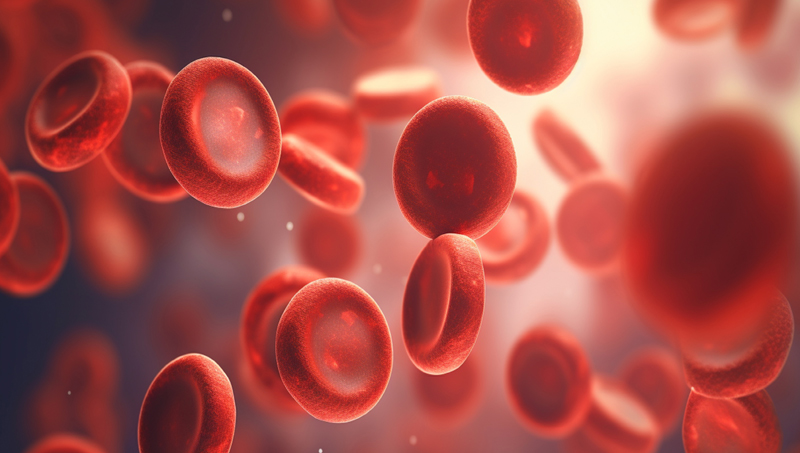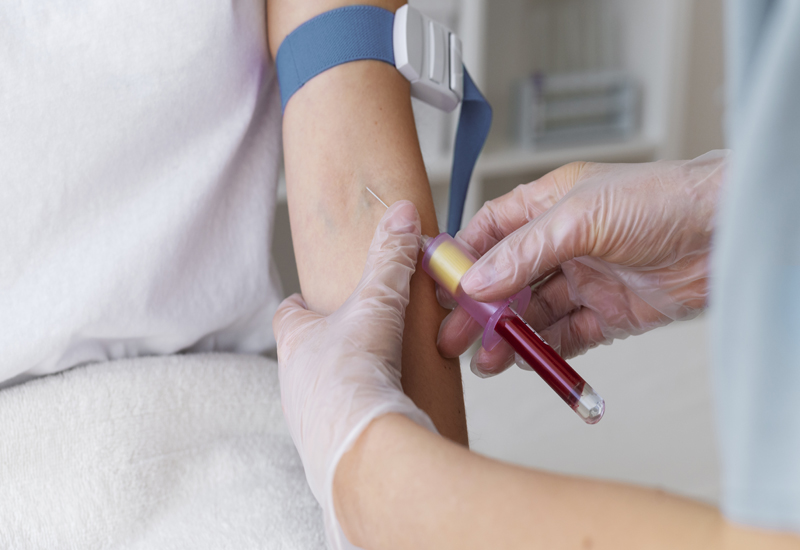
Thalassemia Treatment in India is a hereditary (i.e., passed down from parents to children via genes) blood illness caused by the body's inability to produce sufficient hemoglobin, a protein that is essential for red blood cells. When there is insufficient hemoglobin, the body's red blood cells do not function effectively and survive for shorter periods, resulting in fewer viable red blood cells flowing through the circulatory system.
Red blood cells transport oxygen to all cells in the body. Oxygen is a type of nourishment that cells require for survival. When there are not enough healthy red blood cells, there isn't enough oxygen to transport to the rest of the body's cells, which might make you feel weary, weak, or have shortness of breath. This is a condition known as anemia. Thalassemia patients might have mild to severe anemia. Severe anemia may harm organs and cause death.

What are the several forms of Thalassemia Treatment in India?
Whenever we talk about distinct "forms" of thalassemia, we may be referring to one of two things: the specific component of hemoglobin that is impaired (typically "alpha" or "beta"), or the extent of thalassemia, which is denoted by terms such as trait, transporter, intermediary, or severe. Haemoglobin, which transports oxygen to all cells throughout the body, is made up of two parts: alpha and beta. When thalassemia is referred to as "alpha" or "beta," it refers to the amount of hemoglobin that is not produced.
If either the alpha or beta parts are not formed, there are insufficient building blocks to produce normal levels of hemoglobin. Alpha thalassemia is the term used to describe low alpha. Low beta is referred to as beta-thalassemia. The terms "trait," "minor," "intermedia" and "major" define the severity of thalassemia. An individual with thalassemia trait may have no symptoms or very mild anemia, but a person with thalassemia major may have serious symptoms and require frequent blood infusions.
Thalassemia characteristics, like hair color and body structure, are handed down from parents to offspring. The type of thalassemia a person has is determined by the number and type of thalassemia-related features acquired or obtained from their parents. For example, if a person inherits one beta thalassemia trait from his father and another through his mother, he would develop beta thalassemia major. If a person inherited an alpha thalassemia trait from her mother and normal alpha components from her father, she would be born with an alpha thalassemia trait (also known as alpha thalassemia minor).
How to know and get treatment if suffering from thalassemia?
People with intermediate and acute forms of thalassemia typically learn about their illness in childhood, as they exhibit symptoms of severe anemia early in life. People with less severe forms of thalassemia may only learn about it when they experience anemia symptoms, or when a doctor discovers anemia during a normal blood test or additional examination. Because thalassemias are hereditary, the disorder can run in families. Some people learn about their thalassemia since they have a family with the same illness.
For the treatment of thalassemia at My Care India, we help you to get the best hospitals and doctors in India. People with family members from specific locations in the world are more likely to develop thalassemia. Individuals from Mediterranean nations such as Greece and Turkey, as well as Asia, Africa, and the Middle East, are more likely to have thalassemia-related traits. If you are suffering more from this you can get its treatment in India with our help.
Conclusion
The thalassemia syndromes are inherited illnesses with intricate pathogenesis and severe multiorgan involvement. The present therapy may result in a long life and a decent quality of life. At My Care India, we can help you to get better thalassemia treatment in India. Thalassemia is a hereditary (i.e., passed down from parents to children via genes) blood illness caused by the body's inability to produce enough hemoglobin, a protein that is essential for red blood cells. Thalassemia is a curable illness that can be handled successfully with blood donations and chelation treatments.





